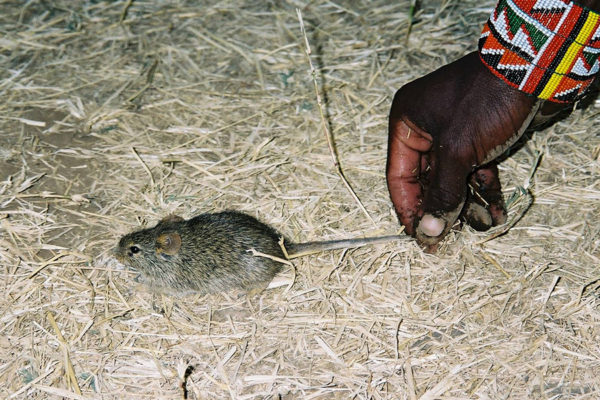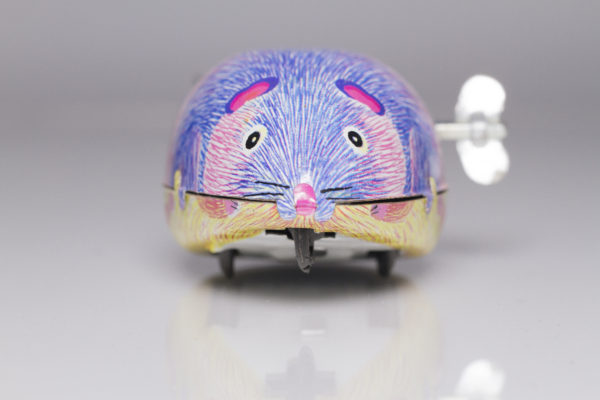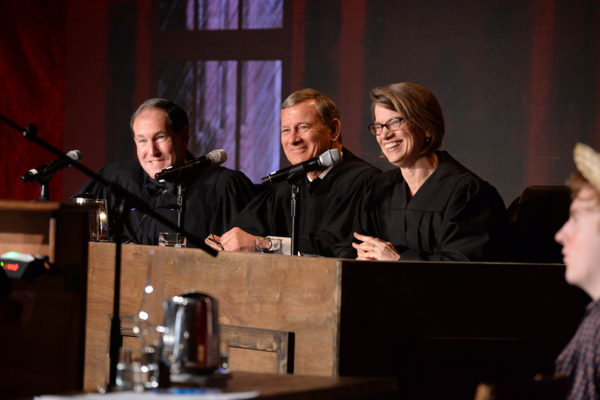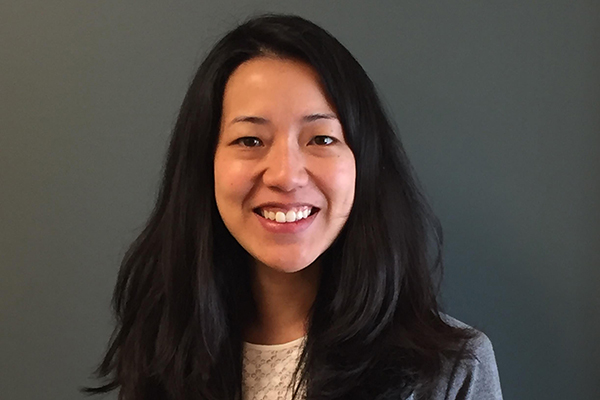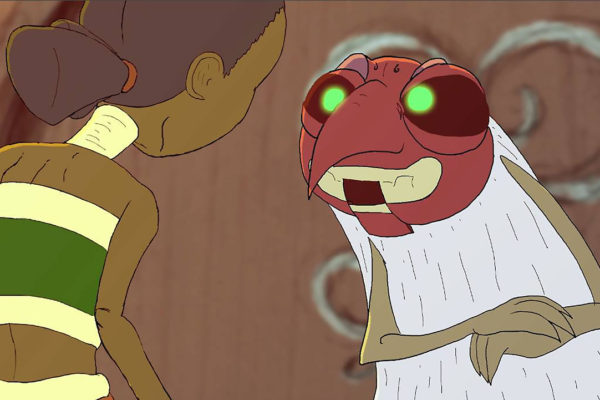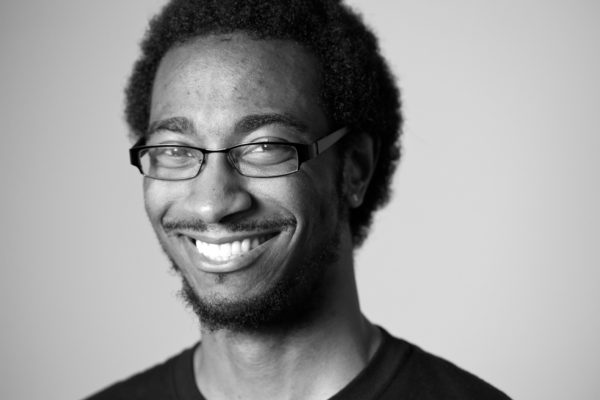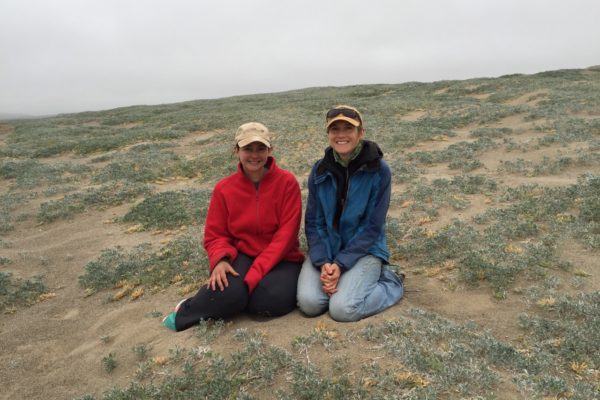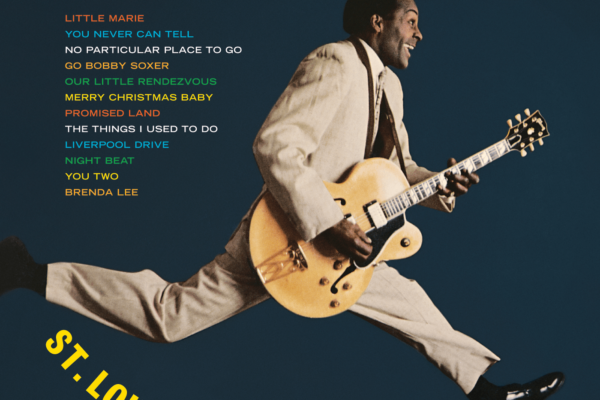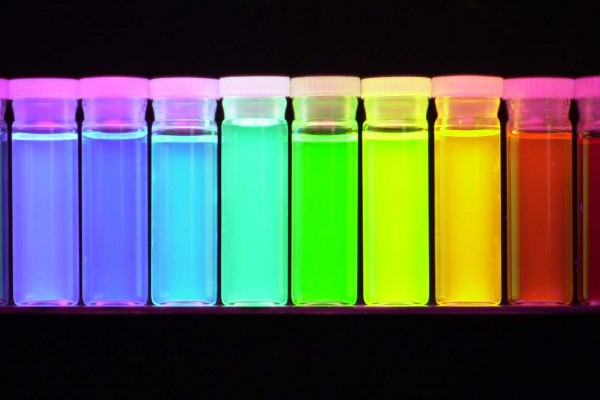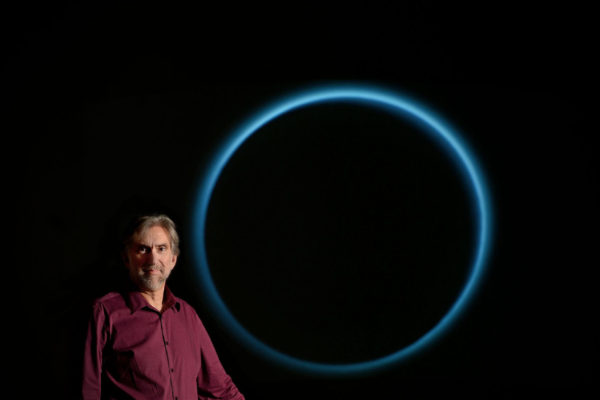Mouse in the house tells tale of human settlement
Long before the advent of agriculture, hunter gatherers began putting down roots in the Middle East, building more permanent homes and altering the ecological balance in ways that allowed the common house mouse to flourish, suggest new research in the Proceedings of the National Academy of Sciences
Mice run by starry clocks
Star-shaped cells called astrocytes, long considered boring, “support cells,” are finally coming into their own. To everyone’s surprise they even play an important role in the body’s master clock, which schedules everything from the release of hormones to the onset of sleepiness.
Tom Sawyer’s day in court
Is Tom Sawyer a clever entrepreneur, or did his friends paint that fence under false pretenses? U.S. Chief Justice John G. Roberts Jr. decides, with a little help from Washington University students, in an event celebrating the School of Law’s 150th anniversary.
Graduate School names new associate dean for career, professional development
Thi Nguyen has been named associate dean for graduate career and professional development in the Graduate School at Washington University in St. Louis. She is responsible for developing and leading professional and career development initiatives to promote career readiness for graduate students.
African Film Festival returns March 31-April 2
The African Film Festival returns to campus March 31-April 2. Screenings are free and will be in Brown Hall. The festival sets time aside Saturday for its special “Eye on Youth” programming.
Phillip B. Williams wins Whiting Award
Poet Phillip B. Williams, a 2014 graduate of The Writing Program in Arts & Sciences, is among 10 recipients of the 2017 Whiting Award.
Unintended consequences of beachgrass
A four-year study of one rare and one common lupine growing in coastal dunes showed that a native mouse steals most of the rare lupines seeds while they are still attached to the plant. The mouse is a “subsidized species,” given cover for nocturnal forays by European beachgrass, originally planted to stabilize the dunes.
WashU Expert: Remembering Chuck Berry
Chuck Berry, who died March 18, embodied the sound, attitude and mythology that defined the early days of rock and roll, says Patrick Burke, head of musicology in Arts & Sciences.
WashU Experts: Science cuts would cause ‘chilling effect’
Proposed federal budget cuts to two major programs could translate into fewer treatments, fewer cures, fewer drug findings, fewer researchers and fewer breakthroughs in areas where the United States is a world leader, say science and health experts at Washington University in St. Louis.
Wonders of Pluto
William B. McKinnon, professor of earth and planetary sciences in Arts & Sciences, will deliver the McDonnell Distinguished Lecture on Wednesday, March 29, on the Danforth Campus of Washington University in St. Louis.
View More Stories
